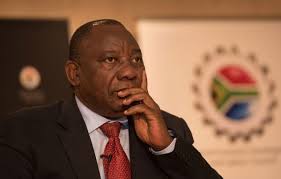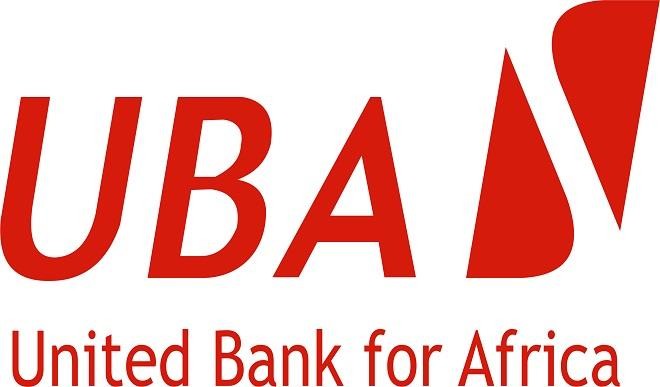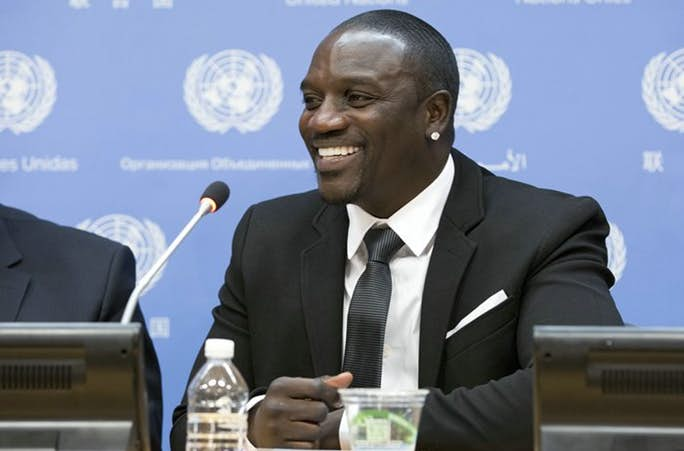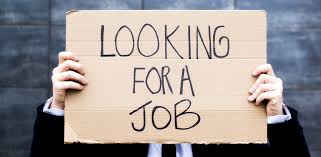Financial crimes in S’Africa jump to 77% all time high, raising cost, answerability crisis
New report bordering on financial crimes rate in South Africa less than two weeks after the ouster of former President Jacob Zuma has shown exponential rise in economic crime.
The report, prepared by PwC’s biennial Global Economic Crime Survey released on Tuesday, said “South African organisations that have experienced economic crime are now at a staggering 77%, followed in second place by Kenya (75%), and thirdly France (71%)”.
With half of the top ten countries who reported economic crime coming from Africa, the situation in the continent is becoming bizarre.
The Global Economic Crime and Fraud Survey examines over 7200 respondents from 123 countries, of which 282 were from South Africa.
According to Trevor White, PwC Partner, Forensic Services and South Africa Survey Leader, “Economic crime continues to disrupt business, with this year’s results showing a steep incline in reported instances of economic crime. At 77% South Africa’s rate of reported economic crime remains significantly higher than the global average rate of 49%. However, this year saw an unprecedented growth in the global trend, with a 36% period-on-period increase since 2016.”
Economic crime in South Africa is now at the highest level over the past decade. It is also alarming to note that 6% of executives in South Africa (Africa 5% and Global 7%) simply did not know whether their respective organisations were being affected by economic crime or not.
While the overall rate of economic crime reported was indeed the highest for South Africa, the period-on-period rate of increase for South Africa and Africa as a whole was below that of our American, Asian and European counterparts. From a regional perspective, the biggest increase in experiences of economic crime occurred in Latin America, where there was a 25% increase since 2016 to 53% in respondents who indicated they had experienced economic crime.
The US was a close second with a 17% increase over 2016 to 54% of respondents, while Asia Pacific and Eastern Europe experienced increases of 16% and 14%, respectively.
White noted further that “We believe that these jumps in reported crime are being driven by a heightened state of fraud awareness by respondents, and in this lies the silver lining.”
“We have seen paradigm shifts in the way that businesses are being run. Notably, the accountability for fraud and economic crime has moved into the executive suite, with the C-suite increasingly taking responsibility, and the fall, when economic crime and fraud occur. Organisations are beginning to shed their denial complex regarding the many blind spots they have in identifying fraud and are learning how to address them.”
On the classes of the financial crimes prevalent in South Africa, the PwC report named asset misappropriation as continuing to remain the most teething form of economic crime reported by 45% of respondents globally and 49% of South African respondents.
While the instances of reported cybercrime showed a small decrease in the South African context (29% in 2018 versus 32% in 2016), it retained its second place in the global rankings (31%) albeit at a lower rate of occurrence than 2016.
One of the new categories of economic crimes was that of “fraud committed by the consumer”. It is the second most reported crime in South Africa at 42% and takes third place globally at 29%. This was followed closely by procurement fraud (39% in South Africa versus 22% globally). This indicates that the entire supply chain in South Africa is fraught with criminality.
When combined with the high instances of bribery and corruption reported (affecting more than a third of organisations at 34%), the resultant erosion in value from the country’s gross domestic product (GDP) is startling. Accounting fraud, which is usually perpetrated by senior management and results in the largest losses, increased from 20% to 22%.
PwC averred that as awareness, and the profile of fraud and economic crime has risen, so too have investments to combat it, linked also to the direct financial losses reported in the past two years. According to the survey 35% of South African respondents lost more than $100,000 (+/- R1.2 million) to what they regarded as the most disruptive economic crime to affect them, with 1% reporting losses of greater than $100 million (R1.2 billion).
White added that “When combined with the costs to address this issue through investigations or other interventions, where 41% of respondents reported having had to spend an equal or greater amount (10% reported having to spend upward of three times the amount, with 3% spending as much as ten times the value of the initial loss), we are faced with the damning realisation that the actual cost of these crimes is crippling the economy”.
However, the report noted that South African businesses are continuing to take measures to combat economic rimes, with 44% (Africa: 41%) of respondents having increased their spend on combating fraud since 2016 and 46% plan to increase their spend over the next 24 months (Africa: 45%).
It is positive to note that almost two-thirds (64%) of South African respondents monitor whistleblower lines as a means to ensure the effectiveness of their compliance and governance programmes (Africa: 51%). This represents a 9% increase since 2016.
It is also reassuring that business leaders are taking an active interest in their governance responsibilities and are becoming more aware of, or rather want to be made aware of, the effects and issues that economic crime and fraud have on their organisations. 95% of South African respondents (versus 91% of Global and 94% of African) said that the most disruptive incidents of economic crime were brought to the attention of the board executives or governance leaders within their organisations.









